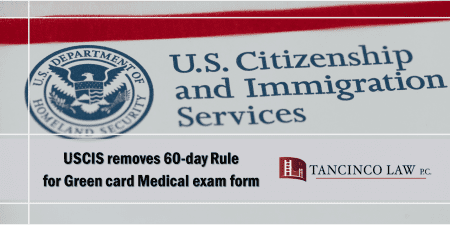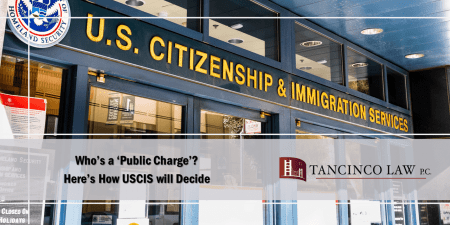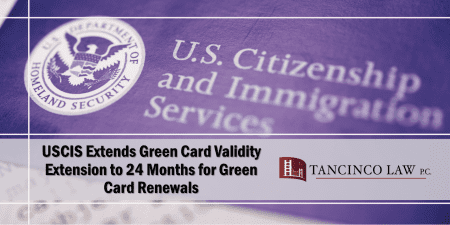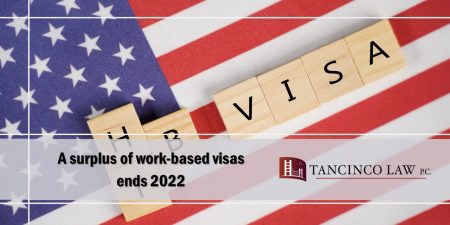Entering into a good faith marital relationship is always with the intention to stay married forever. But what if there is no “forever”? What will happen when there is separation or divorce? What are the effects of these circumstances to the petitioned spouse who is a green card holder with only a conditional resident status?
Let’s take the case of Joseph (not his real name). In 2015, Joseph entered the United States based on the petition of his U.S. citizen spouse Rita. They were childhood sweethearts and have known each other since high school. So when Rita attended their high school reunion, both Joseph and Rita rekindled the old flame and got married in a simple wedding ceremony. Upon returning to the United States, Rita petitioned Joseph. After a year of petitioning, Joseph was able to travel to the United States and was issued a 2-year conditional green card with an expiration date of 12/30/2018.
After being together for only 6 months, Rita and Joseph began to experience marital problems until they decided to go their separate ways. Rita obtained a divorce decree ending their short lived relationship.
With Joseph’s green card’s validity expiring, he was at a loss on whether he will return to the Philippines (to avoid falling out of status) or file for a waiver. He decided to return to the Philippines but a few months before his departure, he met Cecilia who is also a U.S. citizen. Cecilia and Joseph started dating regularly until Cecilia offered to marry and petition Joseph. Now Joseph is presented with a situation where he has to choose to return to the Philippines or have Cecilia petition him. Can he be petitioned even if he still has 6 months validity on his original conditional resident card? Will the USCIS allow him to adjust his status in the U.S. once Cecilia petitions him?
Under the Immigration and Nationality Act (INA) Section 245(d), conditional residents are barred from adjusting unless they take the necessary steps to remove the two year conditions on their status. This means that a person could not obtain conditional resident status based on marriage to a U.S. citizen, divorce that petitioner spouse, remarry a second U.S. citizen and re-adjust during that 2 year period.
When a person with conditional resident status fails to file for the Petition to Remove Condition (I-751) prior to expiration of the validity of the two year conditional status, the USCIS usually issues a decision terminating the status of the green card holder. The next process then is that the petitioned spouse will be facing the Immigration Judge in a court proceeding to have a filed I-751 be reviewed to prove validity of the first marriage.
This rule had applied for many years until the interpretation of this rule was changed in 2019 by the USCIS based on the case of Matter of Stockwell, 20 I&N Dec 309 (BIA 1991), where a person with condition resident status may adjust based on second marriage without having to go to immigration court.
Therefore, in the case of Joseph, once he gets the USCIS Notice Terminating his resident status, he will be allowed to adjust based on the second marriage. USCIS interpretation is that conditional status is now terminated as a matter of law on the second anniversary of the noncitizen’s lawful admission for resident status.










